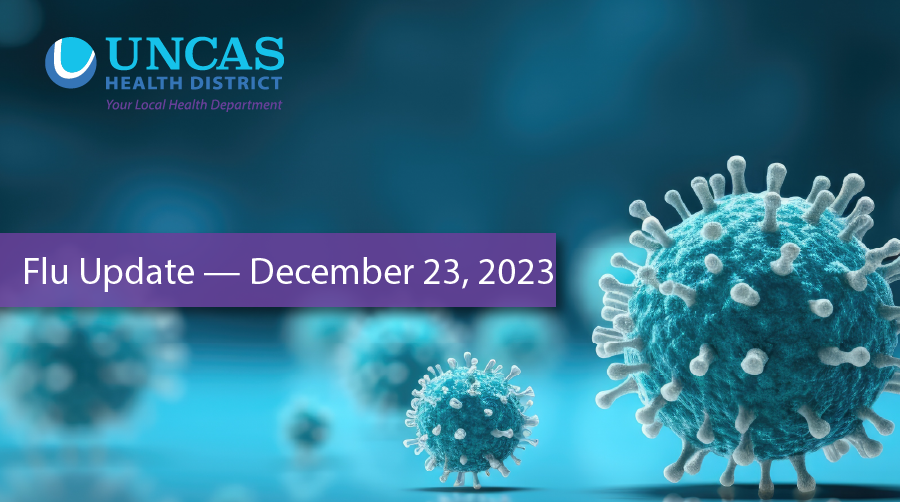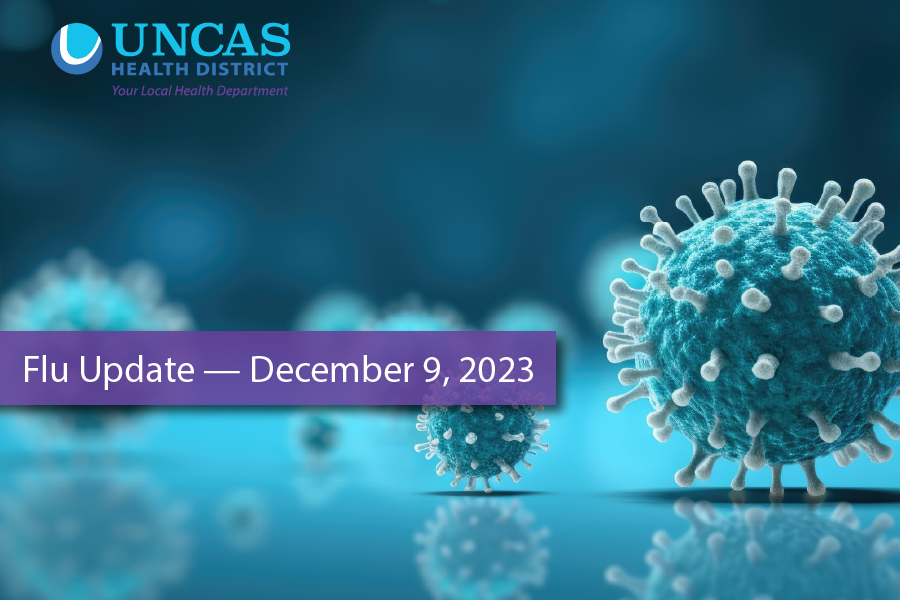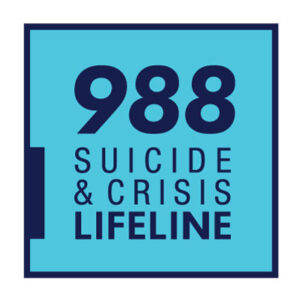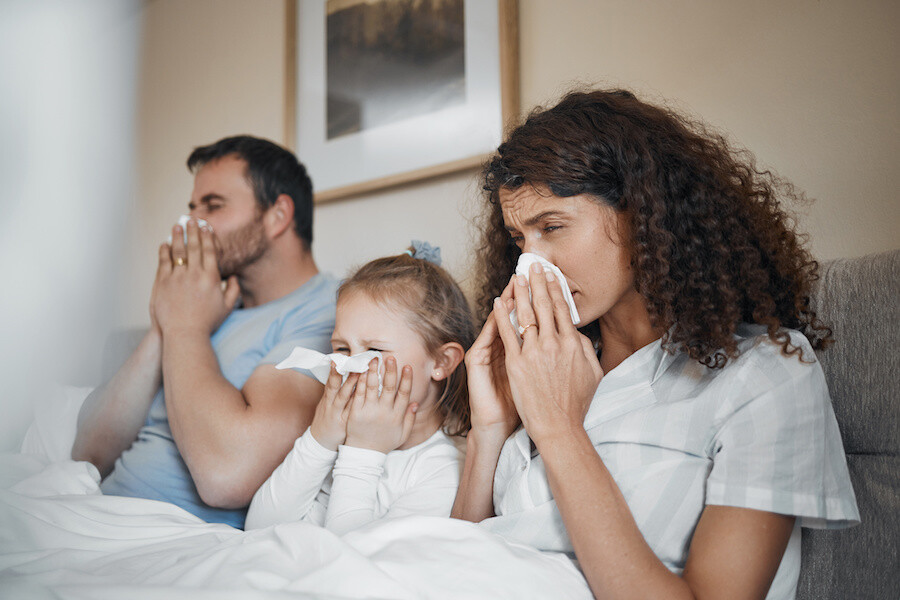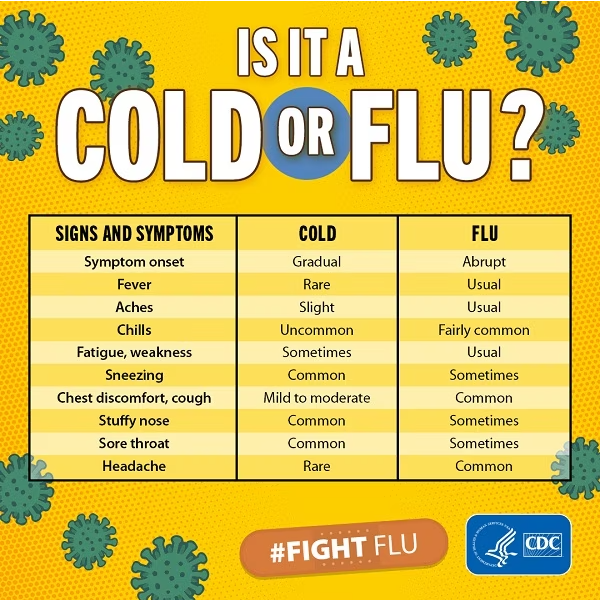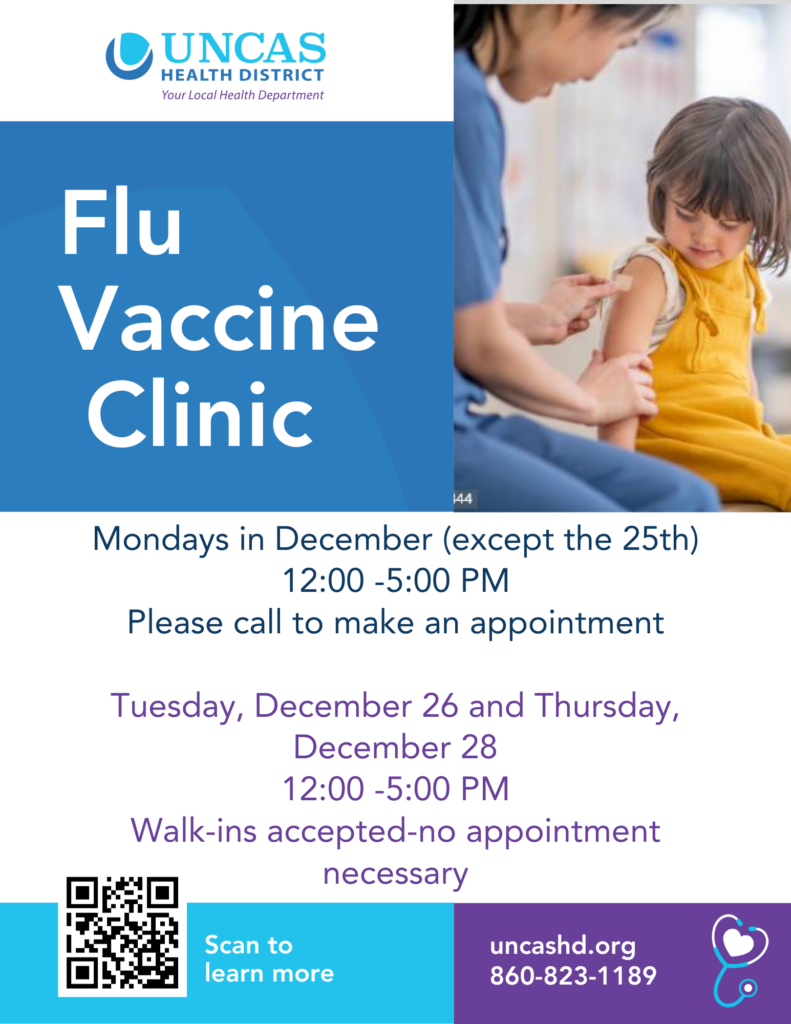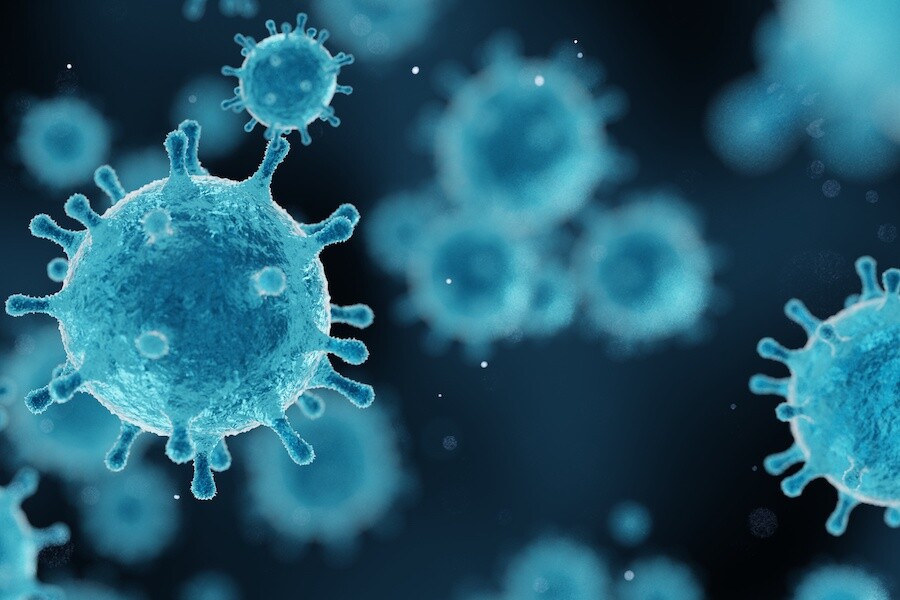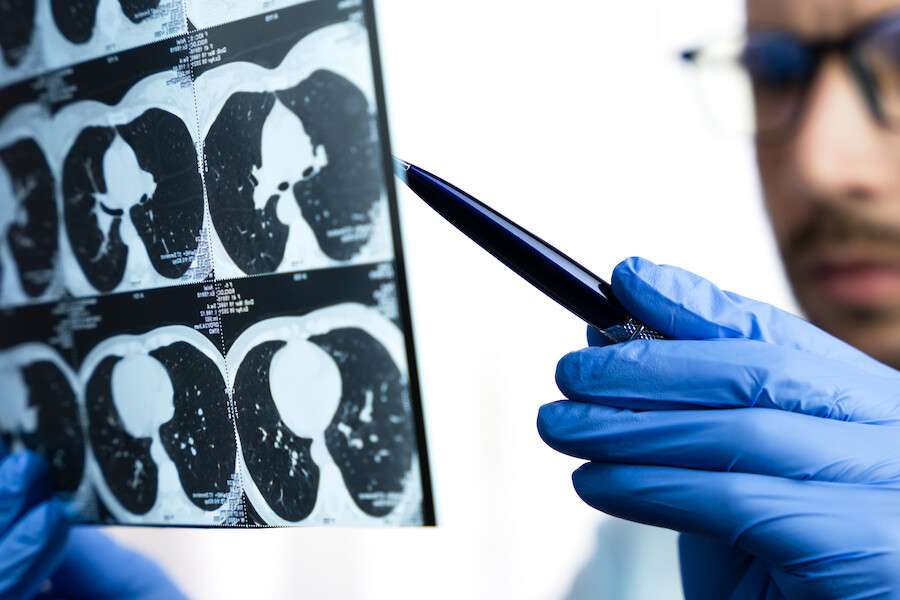November is National Diabetes Month, a time to raise awareness about diabetes and its prevention. Diabetes is a chronic disease that affects millions of people around the world. It occurs when the body is unable to properly produce or use insulin, a hormone that helps regulate blood sugar levels.
The theme of National Diabetes Month 2023 is “Take charge of tomorrow: Preventing diabetes health problems.” This theme emphasizes the importance of taking steps to prevent the complications of diabetes, such as heart disease, stroke, kidney disease, and blindness.
There are many things that people can do to prevent diabetes and its complications, including:
- Eating a healthy diet: This means eating plenty of fruits, vegetables, and whole grains, and limiting processed foods, sugary drinks, and unhealthy fats.
- Being physically active: Aim for at least 30 minutes of moderate-intensity exercise most days of the week.
- Maintaining a healthy weight: Excess weight can increase the risk of developing diabetes.
- Quitting smoking: Smoking damages the blood vessels and makes it harder for the body to control blood sugar levels.
- Getting regular checkups: If you have prediabetes or diabetes, it is important to see your doctor regularly for checkups and screenings.
Here are some additional tips for preventing diabetes-related health problems:
- Manage your blood sugar levels: This is the most important thing you can do to prevent diabetes complications. Work with your doctor to develop a blood sugar management plan that is right for you.
- Get regular blood pressure checks: High blood pressure can damage the blood vessels and increase the risk of heart disease, stroke, and kidney disease. If you have high blood pressure, work with your doctor to lower it.
- Control your cholesterol levels: High cholesterol levels can also damage the blood vessels and increase the risk of heart disease and stroke. Work with your doctor to keep your cholesterol levels in check.
- See your doctor for regular eye exams: Diabetes can damage the blood vessels in the eyes and lead to blindness. Early detection and treatment can help prevent vision loss.
- See your dentist for regular checkups and cleanings: People with diabetes are at increased risk for gum disease and tooth loss. Regular dental care can help keep your teeth and gums healthy.
- National Diabetes Month is a time to take charge of your health and learn more about how to prevent diabetes and its complications. By following the tips above, you can reduce your risk of developing diabetes and its complications and live a long and healthy life.
American Diabetes Association Recognized Diabetes Education Programs in Connecticut
Connecticut-based insurance and Medicare Part B must cover diabetes education. Co-pays and deductibles apply. You’ll need a physician/qualified non-physician referral.
Sponsoring Organization: Yale New Haven Health System
Site/Program Name: Bridgeport Hospital
Address: 267 Grant Street, Bridgeport, CT, 06610
Phone: 203-384-4553
https://www.bridgeporthospital.org/
[email protected]
Sponsoring Organization: Bristol Hospital
Site/Program Name: Living Well with Diabetes-Education and Self-Management
Address: 102 North Street, Bristol, CT, 06010
Phone: 860-940-6300
http://www.bristolhospital.org/Services/Diabetes-Care/ADA-Recognition.aspx
[email protected]
Sponsoring Organization: Western Connecticut Health Network
Site/Program Name: The Diabetes Self-Management Program of Danbury Hospital
Address: 41 Germantown Road, Suite B03, Danbury, CT, 06810
Phone: 203-739-4980
http://www.danburyhospital.org/departments/diabetes-and-endocrinology-services-at-danbury-hospital
[email protected]
Sponsoring Organization: Griffin Faculty Physicians
Site/Program Name: Live Well Diabetes Self-Management Workshop
Address: 67 Maple St Derby, CT 06418
Phone: 203-732-1137
[email protected]
Note: Must be patient of Griffin Faculty Physicians, request referral from your provider
Sponsoring Organization: University of Connecticut Health Center
Site/Program Name: Diabetes Self-Management Education Program
Address: 263 Farmington Avenue, Farmington, CT, 06030
Phone: 860-679-3245
http://health.uconn.edu/diabetes/diabetes-self-management-education-program/
Sponsoring Organization: Yale New Haven Health System
Site/Program Name: Greenwich Hospital Center for Behavior & Nutritional Health
Address: 55 Holly Hill Lane, Greenwich, CT, 06830
Phone: 203-863-2939
https://www.greenwichhospital.org/services/diabetes-endocrinology.aspx
[email protected]
Sponsoring Organization: Saint Francis Hospital and Medical Center
Site/Program Name: Diabetes Care Center
Address: 114 Woodland Street, Hartford, CT, 06105
Phone: 860-714-4402
https://www.stfranciscare.org/diabetes/
[email protected]
Sponsoring Organization: Community Health Services, Inc.
Site/Program Name: Diabetes Self-Management Education Program
Address: 500 Albany Avenue, Hartford, CT, 06120
Phone: 860-249-9625 (Press 0)
www.chshartford.org/
Elaine Hamilton, RD, CDE
Sponsoring Organization:. Charter Oak Health Center
Site/Program Name: Diabetes Self-Management Education Program
Address: 21 Grand Ave, Hartford, CT, 06106
Phone: 860- 550-7500
www.thecharteroak.org
Diane Bussolini, RD, CDE
Sponsoring Organization: Hartford Hospital
Site/Program Name: Diabetes Life Care Center at Hartford Hospital
Address: 85 Seymour Street, Hartford, CT, 06102-5037
Phone: 860-972-3526
https://hartfordhospital.org/File%20Library/Services/Diabetes/group-class-outline-of-topics.pdf
Sponsoring Organization: Eastern Connecticut Health Network, Inc.
Site/Program Name: Manchester Memorial Hospital
Address: 71 Haynes Street, Manchester, CT, 06040
Phone: 860-647-6824
http://www.echn.org/Services/Diabetes.aspx
Sponsoring Organization: MidState Medical Center
Site/Program Name: Diabetes Self-Management & Nutrition Center
Address: 61 Pomeroy Avenue, Meriden, CT, 06450
Phone: 203-694-5425
https://www.midstatemedical.org/services_clinical_diabetes.aspx
[email protected]
Sponsoring Organization: Middlesex Hospital
Site/Program Name: Diabetes Self-Management Education Program
Address: 28 Crescent Street, Middletown, CT, 06457
Phone: 860-358-5421
https://middlesexhospital.org/our-services/hospital-services/diabetes
Sponsoring Organization: The Hospital of Central Connecticut
Site/Program Name: Diabetes Center
Address: 100 Grand Street, New Britain, CT, 06050
Phone: 860-224-5672
http://thocc.org/services/diabetes-endocrinology
Sponsoring Organization: Yale New Haven Health System
Site/Program Name: Hospital Outpatient Services
Address: 20 York Street, New Haven, CT, 06504
Phone: 203-688-2422
[email protected]
Sponsoring Organization: Lawrence & Memorial Hospital Medical Group
Site/Program Name: Joslin Diabetes Center affiliate at Lawrence & Memorial Hospital
Address: 194 Howard Street, New London, CT, 06320
Phone: 860-444-4737
http://www.joslin.org/ape/default.asp
[email protected]
Sponsoring Organization: New Milford Hospital
Site/Program Name: Diabetes Self-Management Education Program
Address: New Milford Hospital 21 Elm Street New Milford, CT, 06776
Phone: 860-210-5393
http://www.newmilfordhospital.org/departments/diabetes-endocrinology-and-nutrition-services-at-new-milford-hospital/diabetes-endocrinology-and-nutrition-services/nutrition-services-and-classes
[email protected]
Sponsoring Organization: Norwalk Hospital
Site/Program Name: Diabetes Self-Management Education Program
Address: 34 Maple Street, Norwalk, CT, 06856
Phone: 203-852-2181
http://www.norwalkhospital.org/departments/diabetes-and-endocrinology-services-at-norwalk-hospital
Sponsoring Organization: William W. Backus Hospital
Site/Program Name: Diabetes Self-Management Education Program
Address: 111 Salem Turnpike, Norwich, CT, 06360
Phone: 860-892-6906
https://backushospital.org/our-services/endocrinology/programs-classes/
Sponsoring Organization: Lawrence & Memorial Hospital Medical Group
Site/Program Name: Joslin Diabetes Center affiliate at Lawrence & Memorial Hospital
Address: 91 Voluntown Road, Stonington, CT, 06379
Phone: 860-444-3366
https://www.lmhospital.org/locations/stonington.aspx
[email protected]
Sponsoring Organization: The Stamford Hospital
Site/Program Name: Diabetes Self-Management Education Program
Address: 292 Long Ridge Rd., Stamford, CT, 06902
Phone: 203-276-7286
www.stamfordhealth.org
[email protected]
Sponsoring Organization: Charlotte Hungerford Hospital
Site/Program Name: Hungerford Diabetes Center
Address: 780 Litchfield Street, Torrington, CT, 06790
Phone: 860-489-0661, Ext. 4
http://www.charlottehungerford.org
[email protected]
Sponsoring Organization: VA Healthcare System/VA Connecticut
Site/Program Name: Diabetes Self-Management Education Program
Address: 950 Campbell Avenue West Haven, CT, 06516
Phone: 203-932-5711 Ext. 5189
www.connecticutva.gov
[email protected]
Sponsoring Organization: Windham Community Memorial Hospital and Hatch Hospital Corporation
Site/Program Name: Windham Community Hospital Diabetes Education Program
Address: 112 Mansfield Avenue Willimantic, CT, 06226
Phone: 860-456-6727
www.windhamhospital.org
[email protected]


